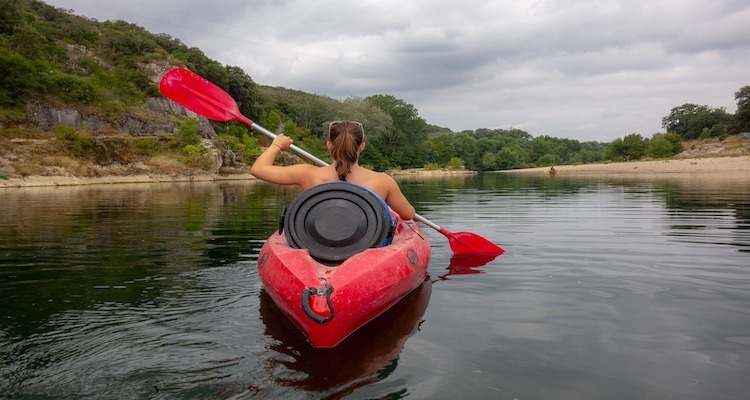
Competitive canoeing, is a physically demanding sport that requires a combination of strength, endurance, balance, and coordination. Here are some of the physical demands typically associated with competitive canoeing:
It's important to note that the specific physical demands may vary depending on the type of canoeing discipline, such as sprint, slalom, or marathon, as each discipline has its own unique challenges and requirements. Training programs for competitive canoeing typically include a combination of on-water practice, strength and conditioning exercises, endurance training, and technical drills to develop the necessary physical attributes. We now turn to consider how working with a strength and conditioning coach may benefit a canoe athlete.
Working with a strength and conditioning coach can provide several benefits to a canoe athlete:
Working with a strength and conditioning coach can provide a structured and systematic approach to training, optimize physical performance, reduce the risk of injury, and contribute to the overall development of a canoe athlete.
If you would like to work with a strength and conditioning coach then do search our global directory of sports performance professionals to get the right advice for you.
